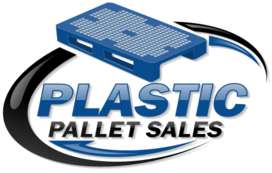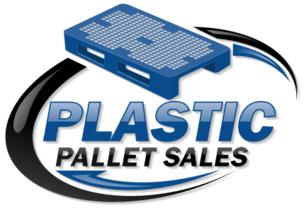Plastic Pallets for Food Safety: A Compliance Checklist
Plastic pallets are commonly used in the food industry due to their durability, ease of cleaning, and recyclability. However, not all plastic pallets are created equal, and it is important to ensure that they meet certain safety standards to avoid potential contamination and food safety risks. This compliance checklist outlines some key factors to consider when selecting and using plastic pallets in the food industry.
1. Material and Qualities of the Pallet:
The material and qualities of the pallet itself should be carefully evaluated to ensure that it is suitable for use in the food industry. It is important to choose a pallet that is made from food-grade materials that do not contain any harmful chemicals or substances that can leach into food products. Pallets should be strong, sturdy, and able to withstand heavy loads without cracking or breaking.
2. Cleanliness and Sanitization:
One of the biggest advantages of plastic pallets in the food industry is their ease of cleaning and sanitization. However, it is important to make sure that pallets are cleaned and sanitized properly and regularly to prevent the growth of harmful bacteria. Pallets should be washed with hot water and detergent, and sanitized with a food-grade disinfectant. It is important to allow enough time for the pallets to dry completely before use to prevent contamination.
3. Design and Construction:
The design and construction of plastic pallets can affect their suitability for use in the food industry. Pallets should be designed to minimize the risk of contamination and promote good hygiene practices. They should have smooth surfaces, without cracks or crevices that can harbor bacteria. Pallets should also be easy to clean and stack, and should have features that promote good airflow to prevent moisture buildup.
4. Storage and Handling:
Proper storage and handling of plastic pallets is essential to prevent contamination and maintain food safety standards. Pallets should be stored in a clean, dry, and ventilated area, and should not come into contact with any toxic or hazardous substances. Pallets should also be handled carefully to avoid damage and wear and tear, which can create opportunities for bacteria to grow.
5. Compliance with Regulatory Requirements:
There are several regulatory requirements that plastic pallets in the food industry must meet to ensure food safety. For example, the Food and Drug Administration (FDA) requires that plastic food contact materials meet certain standards for migration of harmful substances. Pallets should also comply with international standards, such as those set by the International Organization for Standardization (ISO). It is important to stay up-to-date with regulatory requirements and ensure that pallets meet all necessary safety standards.
FAQs:
Q: Can all types of plastic pallets be used in the food industry?
A: No, not all types of plastic pallets are suitable for use in the food industry. Pallets should be made from food-grade materials that are free from harmful substances and comply with regulatory requirements.
Q: How often should plastic pallets be cleaned and sanitized?
A: Plastic pallets should be cleaned and sanitized regularly, following appropriate procedures. The frequency of cleaning depends on the type of product being handled and the level of contamination risk.
Q: Are plastic pallets more hygienic than wooden pallets?
A: Plastic pallets are generally considered more hygienic than wooden pallets due to their smooth surfaces and ease of cleaning. However, it is important to properly clean and sanitize plastic pallets to prevent contamination.
Q: Can plastic pallets be recycled?
A: Yes, plastic pallets can be recycled. They are often made from recyclable materials and can be recycled into new products. Recycling can help to reduce waste and support sustainability in the food industry.
Q: What are some common factors that can cause contamination in plastic pallets?
A: Contamination in plastic pallets can be caused by factors such as inadequate cleaning, poor storage and handling practices, and wear and tear. It is important to recognize and address these risk factors to prevent contamination and ensure food safety.
#Plastic #Pallets #Food #Safety #Compliance #Checklist


Leave a Reply
You must be logged in to post a comment.